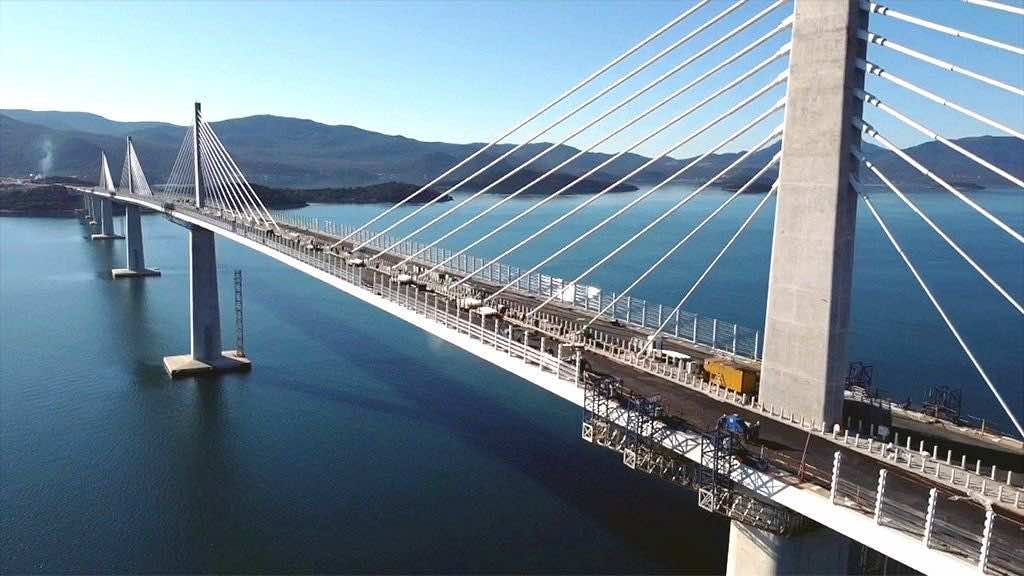The Peljesac Bridge, which opened for traffic on Tuesday, will strengthen mutually beneficial relations between China, Croatia, and the European Union. China built the 2.4km (1.5-mile) bridge, but the European Union funded most of it.
Chinese Premier Li Keqiang was scheduled to give a video message at the ceremony. However, Andrej Plenkovic, his Croatian counterpart, said, “Tonight, we are uniting Croatia.” According to him, the bridge is a necessity, not a luxury.
In addition to a magnificent ceremony complete with fireworks and ship sirens, the Rimac Nevera, a Croatian-made electric hypercar, was to be the first vehicle to cross the bridge.
In a recent interview, Qi Qianjin, the Chinese ambassador to Croatia, told Xinhua News Agency that the bridge is a significant project for promoting Chinese equipment, technology, and know-how in the construction business in Croatia and beyond.
Qi said that the bridge, China’s most significant infrastructure investment in Croatia to date, symbolizes positive collaboration between China and Europe.
The bridge connects the Croatian mainland to the Peljesac Peninsula of Croatia’s southernmost Dubrovnik-Neretva County, avoiding a tiny strip of territory owned by Bosnia and Herzegovina and providing Croatia with long-awaited territorial integrity and greater access to the area.
According to Croatian Prime Minister Andrej Plenkovic, the 2.4-kilometer-long bridge and access roads cost 525 million euros ($538 million), with 357 million euros in European Union grants.
In 2018, a Chinese consortium led by China Road and Bridge Corp was awarded the contract to build the Peljesac Bridge and associated access roads. Despite the negative impact of the COVID-19 pandemic, construction of the bridge began in July 2018 and was finished on time.
Qi stated that the project considerably aided Croatian and European economic growth by employing over 250 locals and fostering engineering, technical, and managerial expertise, thereby pushing the development of local firms and advancing Croatia’s economic and social development.
The project involved 18 design and consulting firms, 45 construction businesses from the EU, and 112 global equipment and material suppliers.
To minimize the project’s influence on the local environment, he noted that Chinese firms rigorously observed the environmental protection standards of the EU and Croatia.

